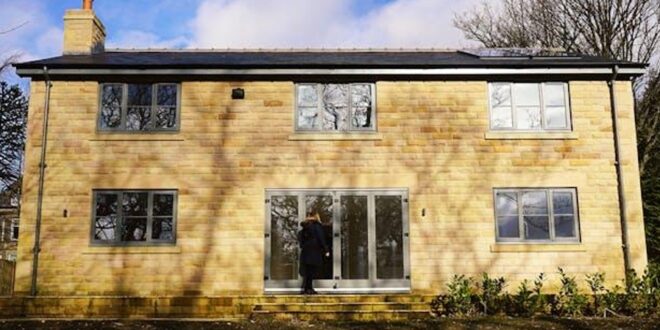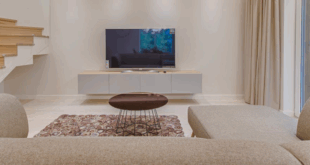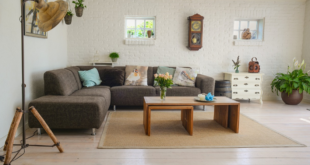So, you’re ready to make the big move? Perhaps you’re a first-time buyer who’s eager to hop onto the property ladder, or perhaps your children have flown the nest and you’re looking for a space that’s more size-friendly. The property market is booming, and competition has never been so high to bag properties that not only meet budget but also offer longevity with minimal wear and tear.
The UK government has estimated that 200,000+ new homes will be built in 2025, and they have pledged to build even more homes over the next 5 years to meet the demands of the rising the population. New homes offer the modern appeal and packaged solutions that homeowners of today look for. Although, it’s commonly known that older homes, or at least those built before the 2000s, have much better bones. Bones that have stood the test of time, and provide a sturdy canvas to create a beautiful space you can truly call your own.
Which to choose? The pros and cons of both options are endless, but here are just a few of the key considerations when it comes to deciding between new builds, and fixer-uppers.
The Pros of New Builds
Energy Efficiency
New builds are designed with energy performance in mind. From double glazing to insulation, they’re built to keep heating costs down and environmental impact low.
Modern Design
Think sleek kitchens, smart layouts, and up-to-date appliances. You won’t need to rip anything out before moving in.
Warranty
Most new builds come with a 10-year NHBC or equivalent warranty, giving peace of mind if anything goes wrong structurally.
Zero Chain
No previous owner means less faff. You’re not waiting for someone else to find their next place before you get your keys.
Off-Plan Customisation Options
Buying early? You might get a say in finishes, fixtures, or even layout tweaks.
Community
Many developments are designed with new communities in mind, shared green spaces, schools, local shops. It’s all baked in.
Cons of New Builds
Potential Build Delays
Timelines can shift, especially with supply chain issues or labour shortages. Completion dates aren’t always set in stone.
Snagging & Build Quality
Not all builders are equal. Some homeowners find themselves chasing down multiple issues post-completion.
Premium Pricing
You often pay more for that “new car smell.” And just like a car, the price might dip shortly after you move in.
Leasehold Possibility
Watch the fine print. Some new builds, especially flats, may be leasehold — with ground rent and service charges to factor in.
Garden Quality & Space
Outside space is often tight and freshly turfed, with limited privacy. Don’t expect mature trees or hedging.
Pros of Fixer-Uppers
Lower Purchase Price (& Stamp Duty)
Generally cheaper upfront, with potential to pay less in stamp duty depending on the price bracket. Remember location can have a huge impact on purchase price. For example, property investments in Leeds will be considerably cheaper than London.
Creative & Build Control
You’re the boss. Want to knock through a wall, swap layouts, or restore period features? Go for it.
Established Neighbourhoods
Older homes tend to sit in well-developed areas, with schools, shops, and transport links already sorted.
Increasing Value Short Term
If you renovate smartly, you can quickly add equity, turning sweat equity into actual profit.
Cons of Fixer-Uppers
Budget Allocation For Refurb
The buying price might be lower, but you’ll need cash on hand for the work. Costs add up fast.
Finance Constraints
Some lenders won’t offer standard mortgages on homes that need major repairs. You might need a renovation mortgage or bridging loan.
Stress To Complete
Managing builders, sourcing materials, staying on schedule. it’s a full-time job. And that’s before any surprises behind the walls.
Possible Delayed Move-in, Double Rent
If the place isn’t livable right away, you might be paying rent and mortgage while work is completed.
So, What’s the Verdict?
The choice between new build property and fixer uppers really comes down to your priorities. If you’re looking for a ‘straight-out-of-the-box’ transaction, new builds might be the option for you. On the other hand, if you have a vision in mind, and also the time and budgets to work on bringing it to life, a fixer upper may be the right option for you. Whichever route you go, go in with eyes wide open, budget in hand, and a clear sense of what matters most to you, lifestyle, location, or long-term return.
 Homeowners Club If you are one of the 15 million homeowners in the UK, the free to join online Homeowners Club is for you.
Homeowners Club If you are one of the 15 million homeowners in the UK, the free to join online Homeowners Club is for you.








